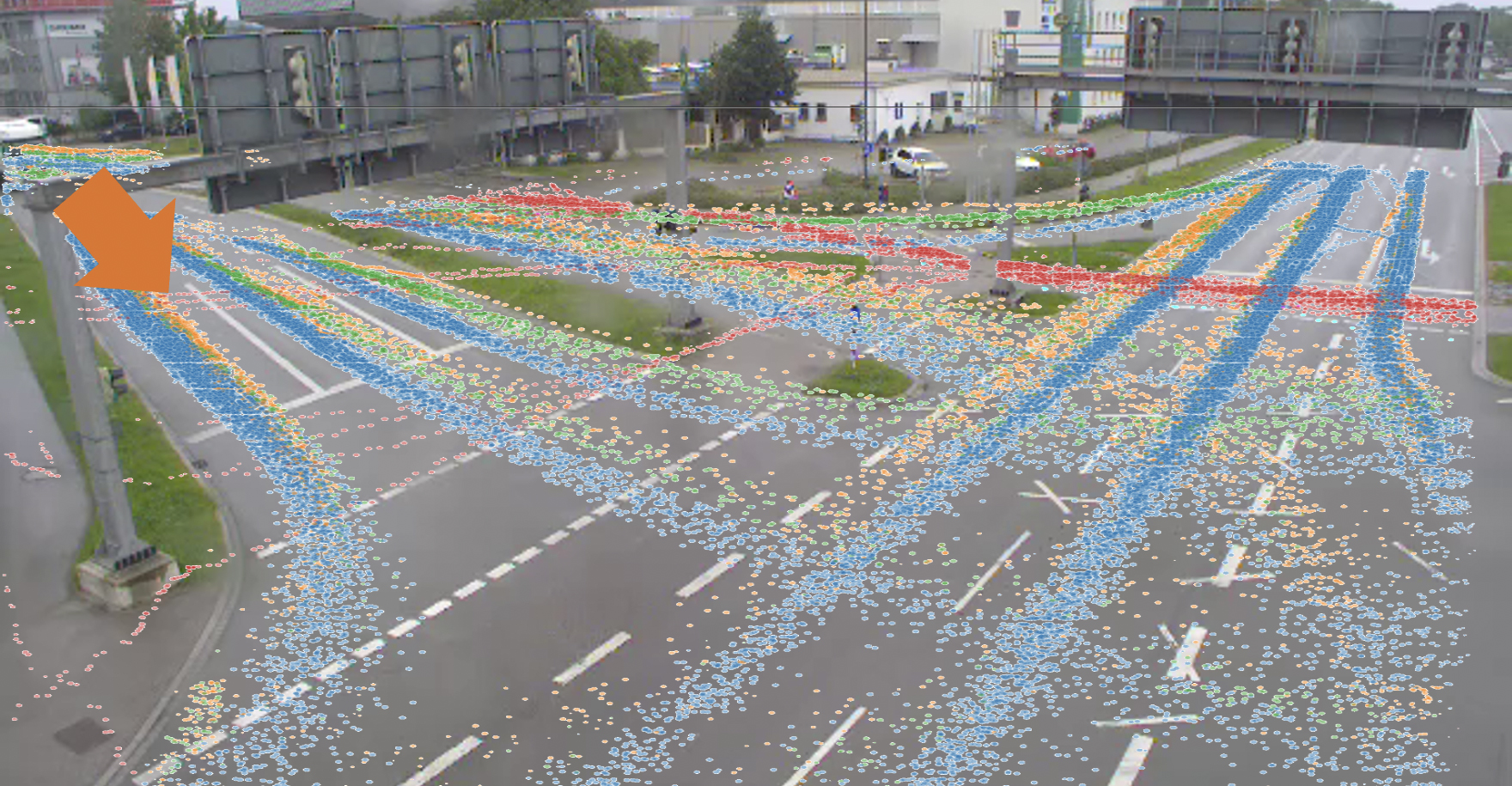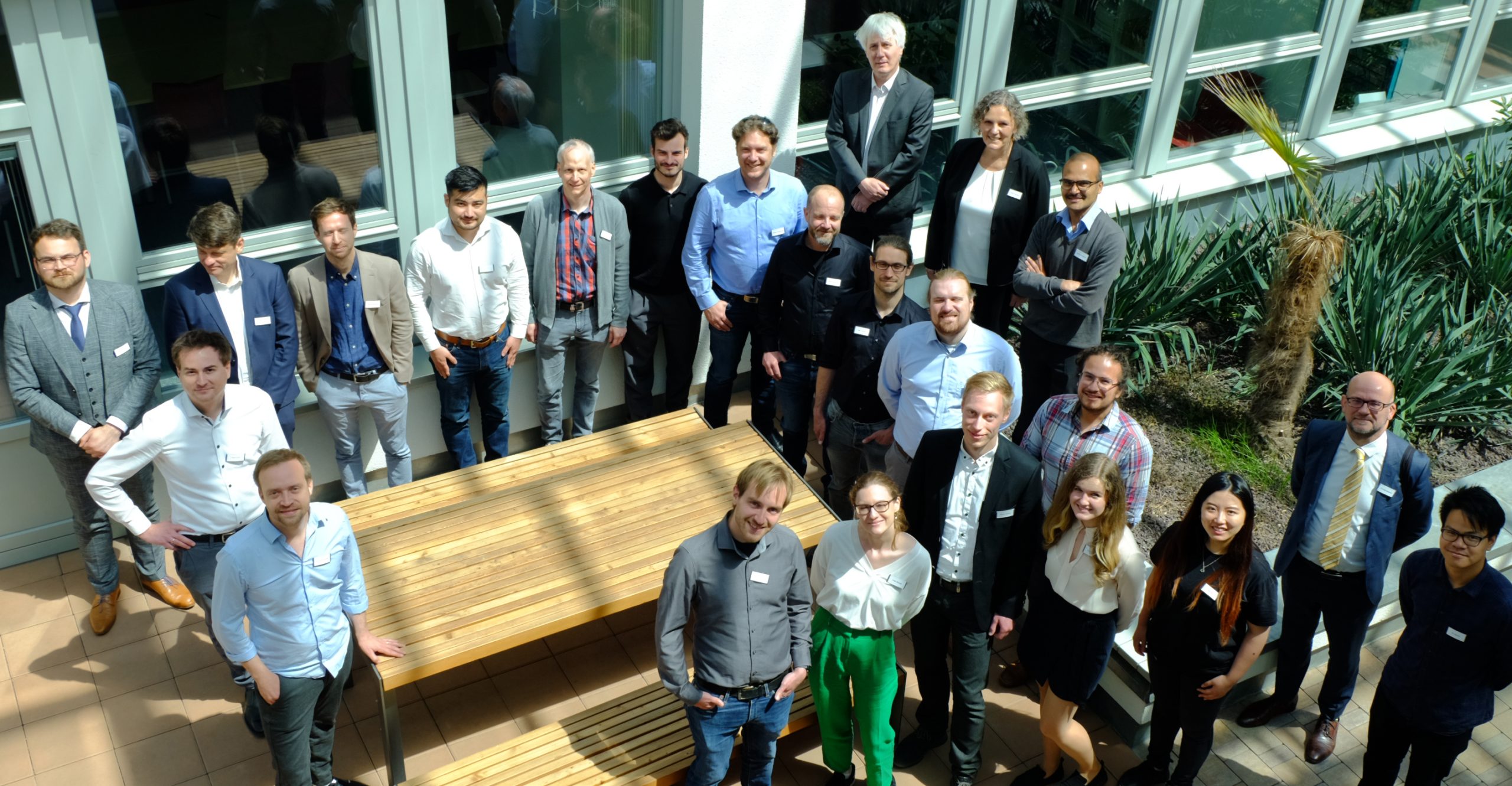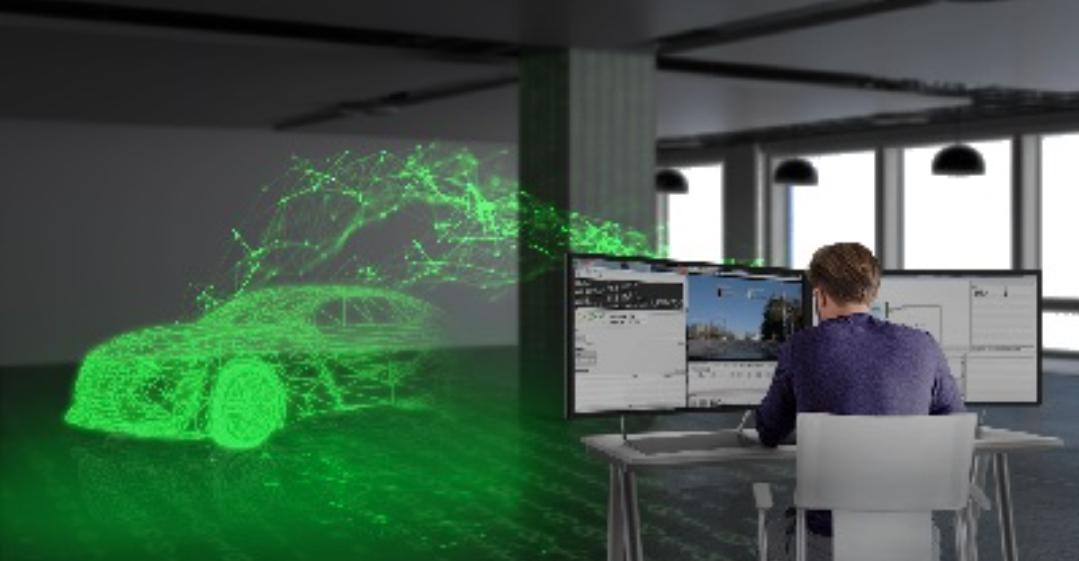
City, country, highway: ACCorD starts with three new test fields in 2021
Sensor stations will be set up in the city, on a country road, and on the highway from spring 2021 by the RWTH Aachen’s Institute for Automotive Engineering. The goal for the test field, called ACCorD, is to transfer traffic data to test vehicles and to store it centrally for research purposes.
What’s it about?
A section of highway and a country road, each one kilometer long, and a 2.4-kilometer urban circuit (Aachen) are to be equipped with infrastructure sensors in the form of cameras and LiDARs by spring 2021. Stationary sensor stations will be set up along the routes for this purpose. The urban test site will make use of existing street lights, with sensors mounted at a height of about six meters on the poles. Along the highway and the country road, new masts will be erected on which the sensors will be mounted at the same height. Two cameras and two LiDARs will be used at each sensor station to record the surrounding traffic. These three test environments will be set up first, before digital twins are created with the help of the sensor technology. The traffic data collected will be transmitted in real time to research vehicles on the test fields, as well as being stored on a central data server for further research purposes. In the urban area, traffic signals will also be equipped with V2X technology. ACCorD is building here on the findings of the “Cooperative Mobility in the Digital Test Field Düsseldorf” (KoMoD) project.
What is the current status?
The project is currently in the planning phase, with the infrastructure sensors slated to be installed in the spring of next year. The first measurements are expected in mid-2021.
How long will the project run?
The project is scheduled to run for just under two years. It began on December 1, 2019, and the first funding phase will initially run until September 31, 2021.
What partners are involved, and why?
The project consortium consists of partners from research, industry, and regional authorities and municipalities. These include the Institute of Highway Engineering of the RWTH Aachen University, the companies e.GO MOOVE, Ford, PTV, Vodafone, and ZF Friedrichshafen, as well as the state enterprise for road construction North Rhine-Westphalia and the City of Aachen. The Institute for Automotive Engineering at RWTH Aachen University is coordinating the research project. The consortium’s broad spectrum of expertise enables the exploration and testing of research topics such as automated driving, V2X communication, infrastructure measures, digital twinning, and sensor validation.
Further information about ACCorD.
Grafik: ©MWIDE/Visualisierungs-fuchs.de
FURTHER CURRENT TOPICS

Cognition Factory: Evaluate and visualize camera data
Since the beginning of research on the digital twin, AI specialist Cognition Factory GmbH has focused on processing camera data. In the meantime Dr. Claus Lenz has deployed a large-scale platform

Digital real-time twin of traffic: ready for series production
Expand the test track, deploy new sensors, decentralize software architecture, fuse sensor data for 24/7 operation of a real-time digital twin, and make data packets public: TU Munich has decisively advanced the Providentia++ research project.

Elektrobit: Coining Test Lab to stationary data
Elektrobit lays the foundation for Big Data evaluations of traffic data. Simon Tiedemann on the developments in P++.
